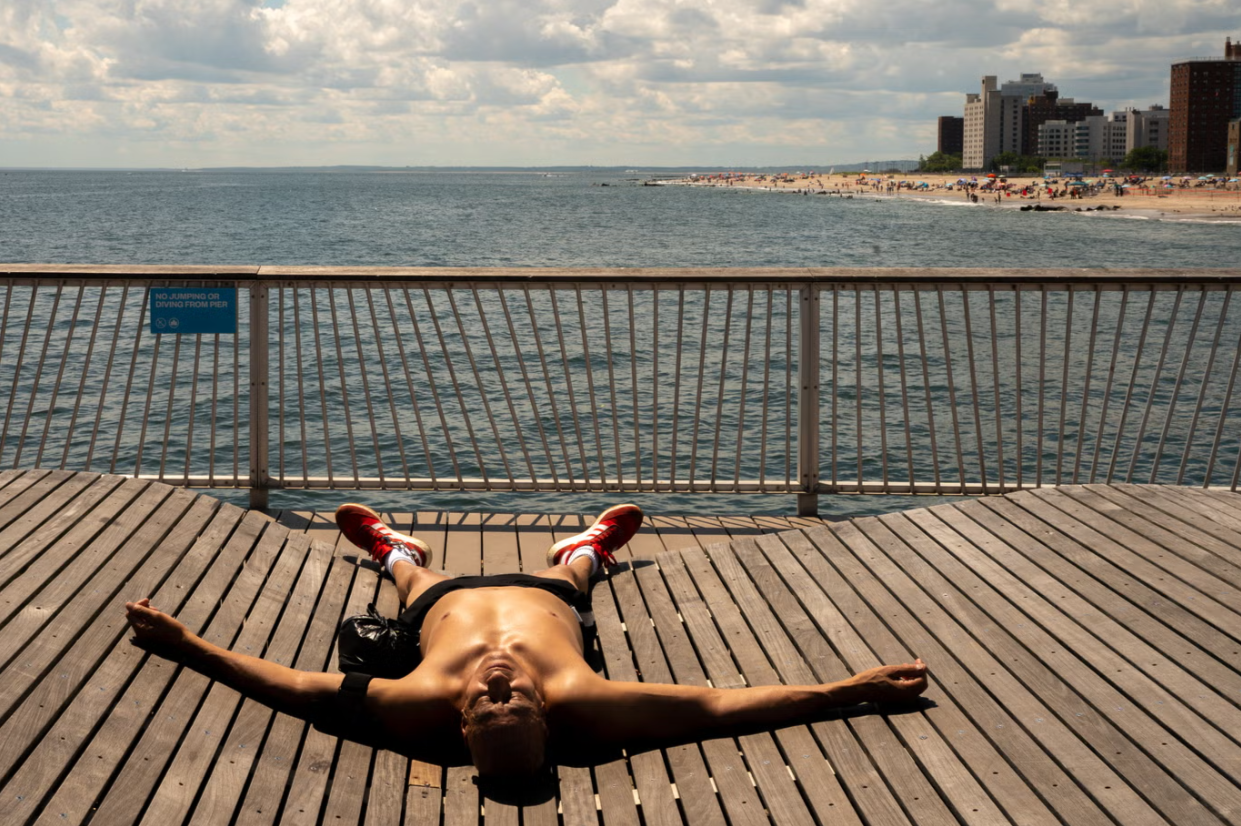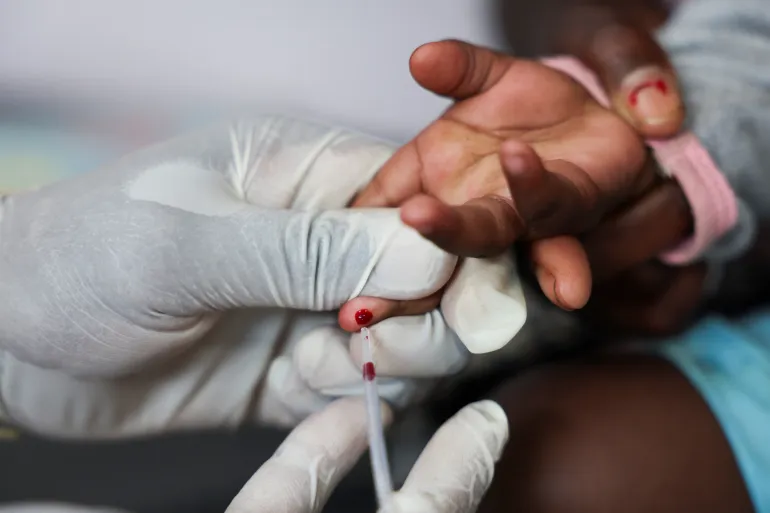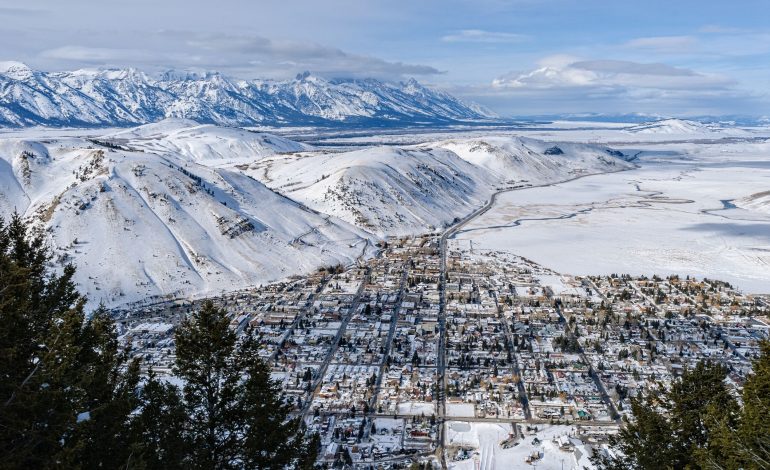During the COVID-19 pandemic, an influx of high-earning remote workers moved to Jackson Hole, attracted by its natural beauty and outdoor lifestyle, Gillette News Record reports.
This migration intensified competition for housing, making it even more difficult for local workers in tourism, hospitality, and other service industries to find affordable places to live.
Now, according to economist Jonathan Schechter, even dual-income remote-working couples—who earn far more than most local workers—can no longer afford to purchase a home in Teton County’s free market.
Schechter’s recent CoThrive newsletter revealed that 2023 marked the first time that even a typical location-neutral couple—earning high salaries from remote jobs—could not afford to buy a condo in Jackson Hole.
“The housing market and the wage market have become completely disconnected from one another,” Schechter said.
A Jackson Hole condo averaged $2.2 million last year. Using standard affordability assumptions—a 20% down payment and spending one-third of income on a mortgage—a remote-working couple would need a $440,000 down payment and a shared income of $400,000 per year to afford one.
In comparison, remote workers in Jackson earned approximately $95 per hour in 2023, which equates to just under $200,000 per year with a full-time job. While that’s nearly four times more than the average tourism industry worker’s wage ($25 per hour), it still falls short of the income required to buy a home.
For local workers in tourism, construction, and other Jackson-based industries, homeownership is even more unattainable. To afford a typical condo, a tourism worker would need to work nine full-time jobs, while someone in construction would need five.
The debate over how to address Jackson Hole’s housing crisis remains ongoing.
Schechter, who also serves on the Jackson Town Council, argues that demand for housing will always outstrip supply in Teton County, where land is limited and housing demand is high. As a result, he believes the community must decide whose housing it is willing to subsidize and who gets to make those decisions.
Affordable housing advocate Daniel Ragsdale takes a different approach. A former ski instructor and climbing guide, Ragsdale lived in a closet and the back of a car before joining the board of Shelter JH, a local housing advocacy group. He supports building more housing for everyone, rather than making difficult decisions about who gets priority.
One major project at the center of this debate is the Virginian RV Park redevelopment, which would transform the space into a 200-plus-unit housing complex.
Schechter has called for an independent legal review of the project, arguing that it does not address the root economic causes of the housing crisis.
Ragsdale, on the other hand, sees the Virginian project as an opportunity to provide immediate relief and keep more workers in Jackson Hole.
Ragsdale also warns that pushing workers out of Jackson and into surrounding areas like Teton Valley, Idaho, or Alpine, Wyoming, could increase sprawl and negatively impact the region’s ecosystem.
“The question is: Do we prioritize views, or do we prioritize people who are homeless?” Ragsdale said.










The latest news in your social feeds
Subscribe to our social media platforms to stay tuned